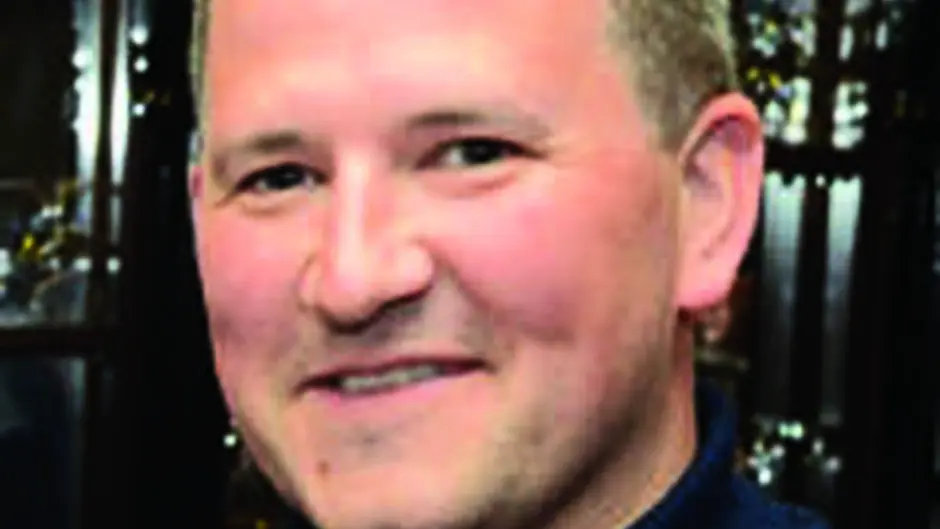A three-judge divisional court will not be convened to hear a High Court action brought by convicted murderer Graham Dwyer against the Garda Commissioner and State over the use of mobile phone records.
A THREE-judge divisional court will not be convened to hear a High Court action brought by convicted murderer Graham Dwyer against the Garda Commissioner and State over the use of mobile phone records.
Dwyer was charged in October 2013 with the murder of Elaine O’Hara and was convicted by a jury following a lengthy trial at the Central Criminal Court in March 2015.
In High Court proceedings commenced in 2015 Dwyer claims certain provisions of the Communications (Retention of Data) Act 2011 breach his rights to privacy under the Constitution, the European Convention on Human Rights and the Charter of Fundamental Rights of the European Union.
The Directive underlying the 2011 Act was struck down by the European Court of Justice in 2015. The case is understood to raise important issues of law.
The prospect of Dwyer’s case being heard by a three-judge divisional court was raised when the action was mentioned before Ms Justice Costello in December.
When the case returned before the High Court last week, Ms Justice Caroline Costello said she had spoken to the President of the High Court, Mr Justice Peter Kelly, about the possibility of the case being heard by a divisional court.
The President, Ms Justice Costello said, did not think it was an appropriate case to be heard by a divisional court. There were also resource issues in regards to the availability of judges, Ms Justice Costello added.
The judge said the case will proceed before Mr Justice Tony O’Connor on February 20th.
The case was before the court after the State brought a motion aimed at ensuring the case runs as efficiently as possible.
Lawyers for both sides said they would attempt to ensure the case runs as smoothly as possible.
The hearing of Dwyer’s case is expected to last for between six to eight days.
In his action, which is opposed by the State, Dwyer claims the ECJ ruling means that Irish legislation implementing the directive was illegal and that data collected on his phone was also, therefore, invalid.
Many requests for disclosure of mobile phone records were made under the relevant provisions of the 2011 Act by gardaí investigating Ms O’Hara’s murder and were granted by the relevant service providers. Phone data was also admitted into evidence during the trial.
During Dwyer’s criminal trial, his lawyers argued the mobile phone data was inadmissible as evidence but those arguments were rejected by the trial judge.
The High Court proceedings are against the Garda Commissioner, Director of Public Prosecutions, Ministers for Justice and Communications, Ireland and the Attorney General.
In his action, Bandon native Dwyer, with an address in Foxrock in Co Dublin, seeks, if appropriate, damages and, if necessary, a reference of issues to the European Court of Justice.
Following his conviction for the murder of Ms O’Hara in August 2012, the married architect was jailed for life and his appeal against conviction has yet to be heard.










